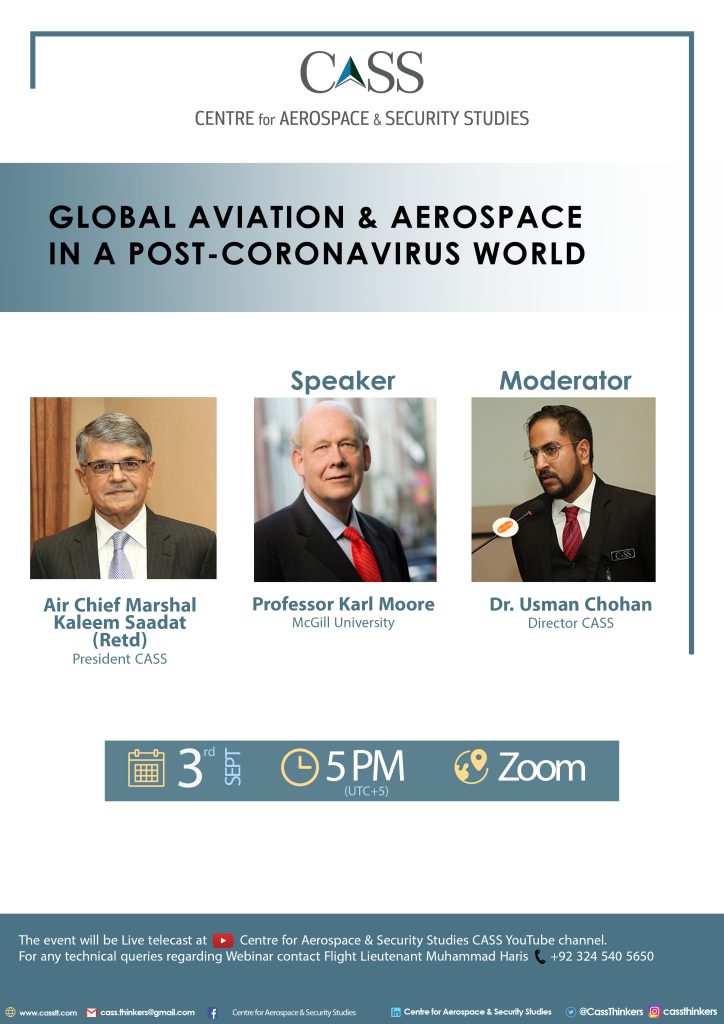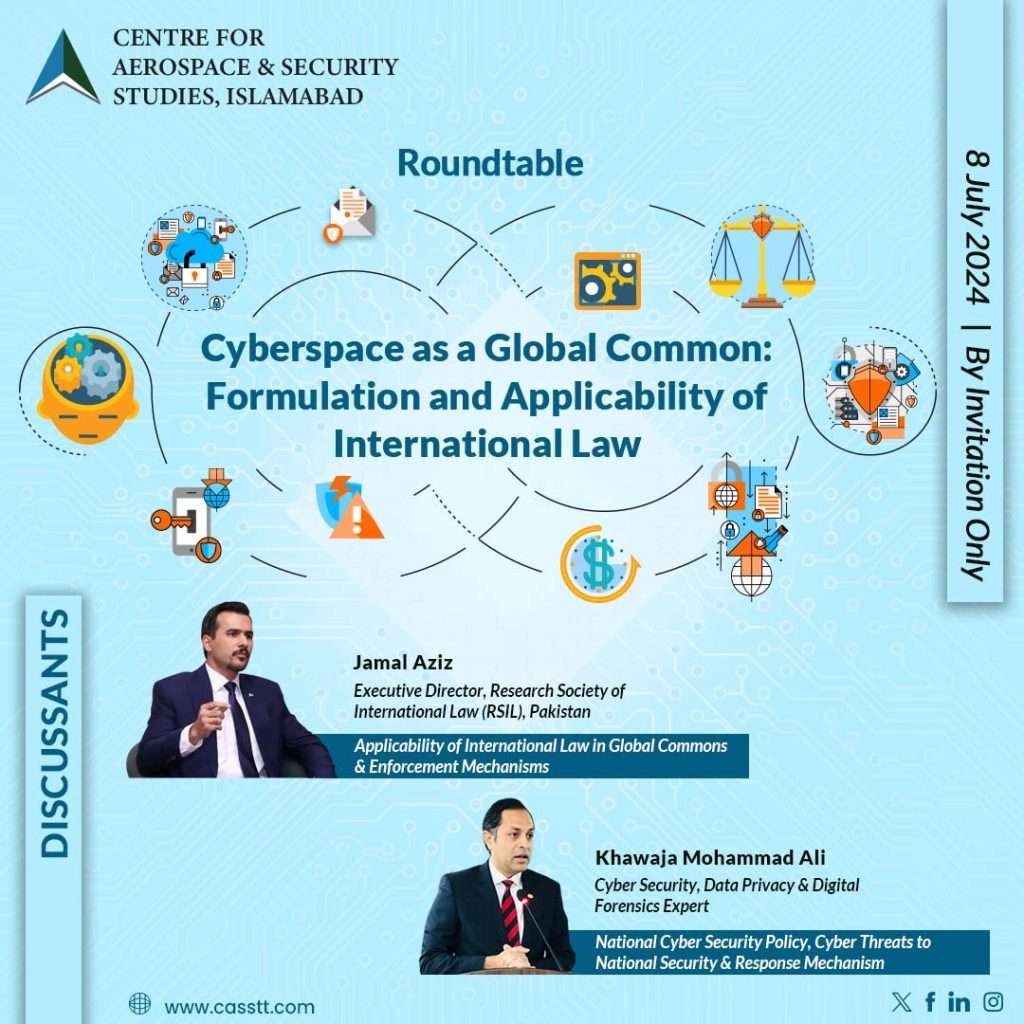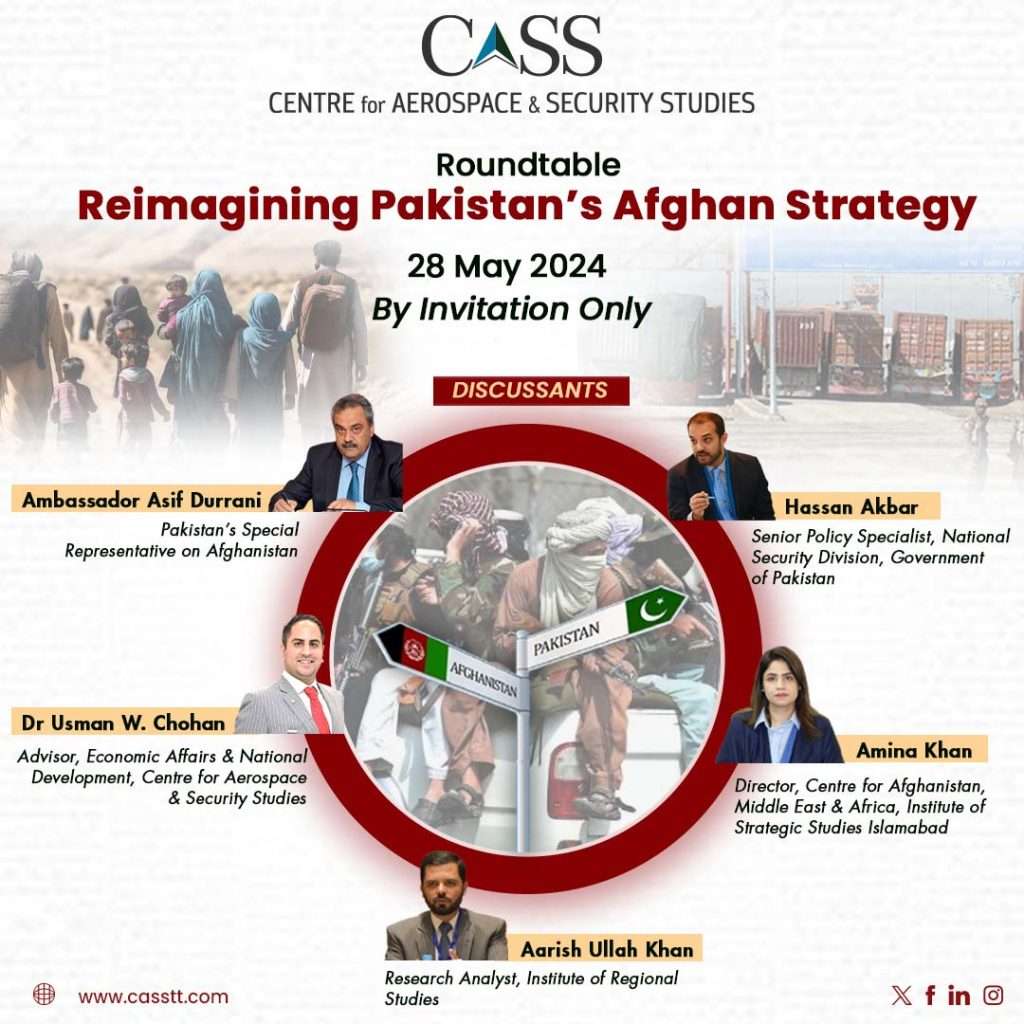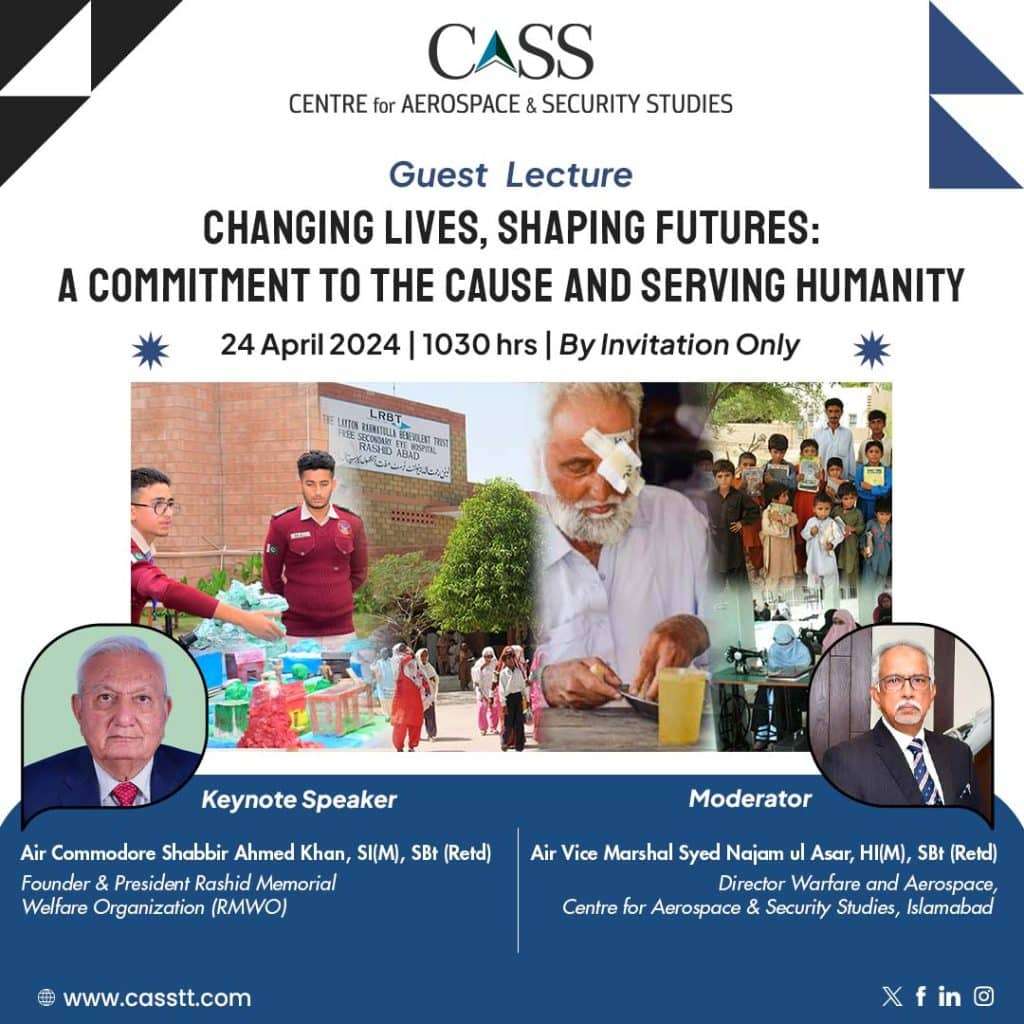Concept Note
One of the economic sectors that has most gravely been affected by the coronavirus pandemic is the global aerospace sector, described by Airbus as the “gravest crisis the aviation industry has ever experienced.” The public health and economic effects of the virus and concomitant lockdowns has translated into grounded aircraft, falling commercial passenger trafiic (down by -40% in some cases), closed airports, massive layoffs (by the tens of thousands at Lufthansa, BA, Delta, Emirates, and Air France), restricted entry (e.g. US citizens), and reduced business activity (up to half of pre-covid levels). Although some governments have attempted to protect their flag carriers billions of dollars in stimulus, aviation companies themselves forecast severe declines over an extended period (some as late as 2023-2025). With this background, how can the global aviation and aerospace plan and prepare for a post-coronavirus world?
Thematic Questions
- Large Aerospace: How do major companies, such as Canada’s Bombardier, perceive the coronavirus’ impact on their growth and bottom line?
- Management: what did the virus teach us about global airlines’ management, in terms of excess stock buybacks, capital expenditures, growth projections, and their asset base?
- State Intervention: given the strategic importance of aviation and aerospace, how large a part do you see for state intervention in terms of (1) regulation, (2) travel restrictions, and (3) stimulus measures?
- Growth: what sort of post-recovery growth be envisaged in developed and emerging markets? How big a part of the story will China be?
- The Aerotropolis: development work around an Aviation City (aerotropolis) is underway in Pakistan. What do you see as the benefits of this model of urban design in an emerging market context for jobs, growth, and development?
- Transition to Commercial: given that Pakistan’s military aircraft production, maintenance and repair is in the public sector, how could we make transition to commercial activity? The resident engineering capacity at PAC Kamra should be exploited and put to commercial use; how could it be done? Can Bombardier’s experience provide lessons?




